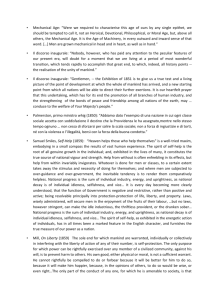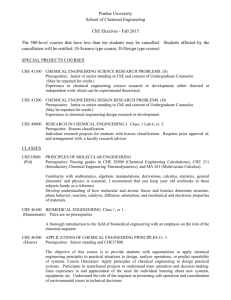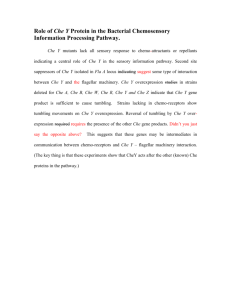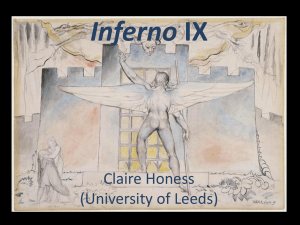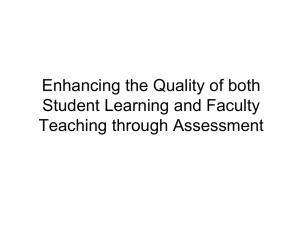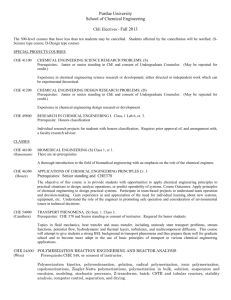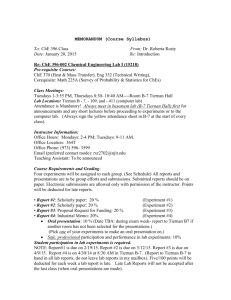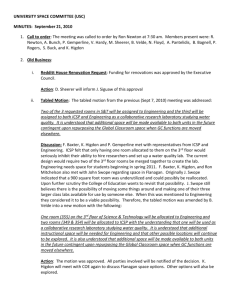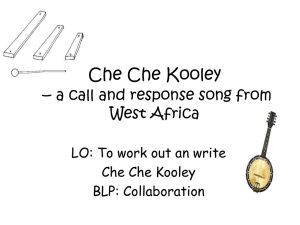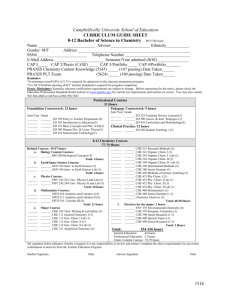This address to the readers was placed at the end of the
advertisement
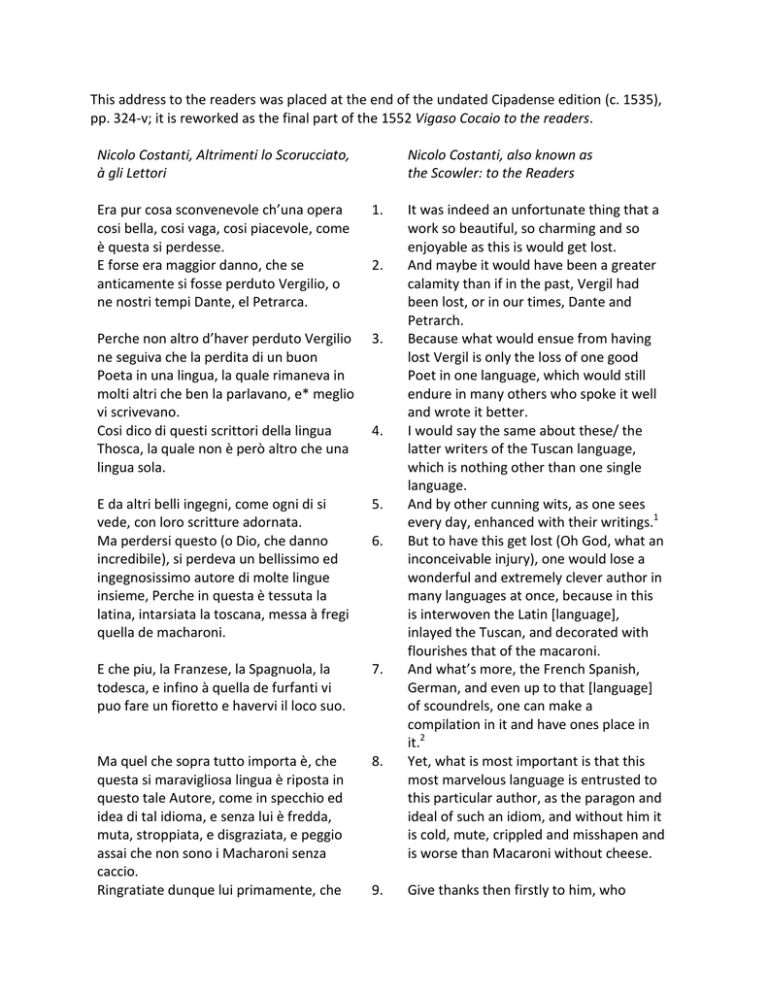
This address to the readers was placed at the end of the undated Cipadense edition (c. 1535), pp. 324-v; it is reworked as the final part of the 1552 Vigaso Cocaio to the readers. Nicolo Costanti, Altrimenti lo Scorucciato, à gli Lettori Nicolo Costanti, also known as the Scowler: to the Readers Era pur cosa sconvenevole ch’una opera cosi bella, cosi vaga, cosi piacevole, come è questa si perdesse. E forse era maggior danno, che se anticamente si fosse perduto Vergilio, o ne nostri tempi Dante, el Petrarca. 1. Perche non altro d’haver perduto Vergilio ne seguiva che la perdita di un buon Poeta in una lingua, la quale rimaneva in molti altri che ben la parlavano, e* meglio vi scrivevano. Cosi dico di questi scrittori della lingua Thosca, la quale non è però altro che una lingua sola. 3. E da altri belli ingegni, come ogni di si vede, con loro scritture adornata. Ma perdersi questo (o Dio, che danno incredibile), si perdeva un bellissimo ed ingegnosissimo autore di molte lingue insieme, Perche in questa è tessuta la latina, intarsiata la toscana, messa à fregi quella de macharoni. 5. E che piu, la Franzese, la Spagnuola, la todesca, e infino à quella de furfanti vi puo fare un fioretto e havervi il loco suo. 7. Ma quel che sopra tutto importa è, che questa si maravigliosa lingua è riposta in questo tale Autore, come in specchio ed idea di tal idioma, e senza lui è fredda, muta, stroppiata, e disgraziata, e peggio assai che non sono i Macharoni senza caccio. Ringratiate dunque lui primamente, che 8. 2. 4. 6. 9. It was indeed an unfortunate thing that a work so beautiful, so charming and so enjoyable as this is would get lost. And maybe it would have been a greater calamity than if in the past, Vergil had been lost, or in our times, Dante and Petrarch. Because what would ensue from having lost Vergil is only the loss of one good Poet in one language, which would still endure in many others who spoke it well and wrote it better. I would say the same about these/ the latter writers of the Tuscan language, which is nothing other than one single language. And by other cunning wits, as one sees every day, enhanced with their writings.1 But to have this get lost (Oh God, what an inconceivable injury), one would lose a wonderful and extremely clever author in many languages at once, because in this is interwoven the Latin [language], inlayed the Tuscan, and decorated with flourishes that of the macaroni. And what’s more, the French Spanish, German, and even up to that [language] of scoundrels, one can make a compilation in it and have ones place in it.2 Yet, what is most important is that this most marvelous language is entrusted to this particular author, as the paragon and ideal of such an idiom, and without him it is cold, mute, crippled and misshapen and is worse than Macaroni without cheese. Give thanks then firstly to him, who ha composto si miracoloso poema. E di poi me (se non havete altro che fare) che l’ho recavato disotto terra, che era sepolto in altro che nel formaggio. E l’ho fatto stampare e publicare al mondo, accio che ognuno possa assaggiare e mangiare di questa ghiotta vivanda. Venite dunque tutti che havete fame: Vedete, leggete, mangiate, sfamatevi, e ricordatevi sovra tutto che non è cosa al mondo più Macharonesca ch’esser Macharone à Macharoni. Buon pro vi faccia. CIPADAE APUD MAGISTRUM AQUARIUM LODOLAM 10. 11. 12. 13. composed such an extraordinary epic. And then to me (if you have nothing better to do), who has dug it up from under the ground, as it was buried in something other than cheese. And I had it printed and distributed publicly/ all over the world, so that everyone might be able to sample and eat of this delectable food. Come then all ye who are hungry: Look, read, eat, appease your hunger, and remember above all that there is nothing in the world more Macaronesque than to be Macarone to Macaroni.3 May it do you some good! In Cipada by Magister Aquario Lodola. *Where è with the accent seems to mean e (and), the mark has been left off. 1. The terms belli ingegni and adornati (here used for effect rather than for specific meanings) are so heavily marked as belonging to the burlesque code, that they signal a canny reading: there are plenty of savvy writers coming out with coded texts in Italian; and bello generally means heterosexual, so there may be the point that Folengo is offering something else. 2. After having exalted the poet’s multilingual talent, Nicolo Costanti demonstrates his own savoir faire with a series of marked terms: infino (used as a preposition, until: in the anus), fioretto (little flower, a compilation: anus), loco (place: anus). 3. Both the 1555 reprint of the Cipadense and the 1554 Vigaso edition reproduce the clause Macharone à Macharoni thus the à (to) does not appear to be a typographical error for e (and): “there is nothing in the world more Macaronseque than to be Macarone (feminine ending) to Macaroni (masculine ending).” Although the apparent context is food, this statement signals a change in the presentation of the term macaronic: in the 1521 Apologetica in sui excusationem Merlin Cocaio insists that the Macaronic poetic art is derived from macaroni concocted with flour, cheese, and butter: big, rough and rustic, “Macaronics should not contain anything in it other than greasiness, crudity and big ugly words.” Here, a sexual opposition may be invoked (something like “pegs to holes”), calling to mind Pietro Bembo’s riddling question, “O Maccheron mio dolce, tondo et sodo,/ qual’è la cosa contraria del chiodo?” (O Macaroni of mine, sweet, round, firm, what’s the thing opposite the nail (phallus)), Motti, 51-2. And this reading would be in keeping with the opening address to the readers of this same Cipadense edition in which Francesco Folengo repeatedly emphasizes the hidden meanings in the Macaronesque language, comparing it to the allusive Pasquinian style, and defining its audience as “dottissimi moderni ingegni” – all three being well-known terms for those participating in sexually coded literature, see Francesco Folengo alli lettori.
